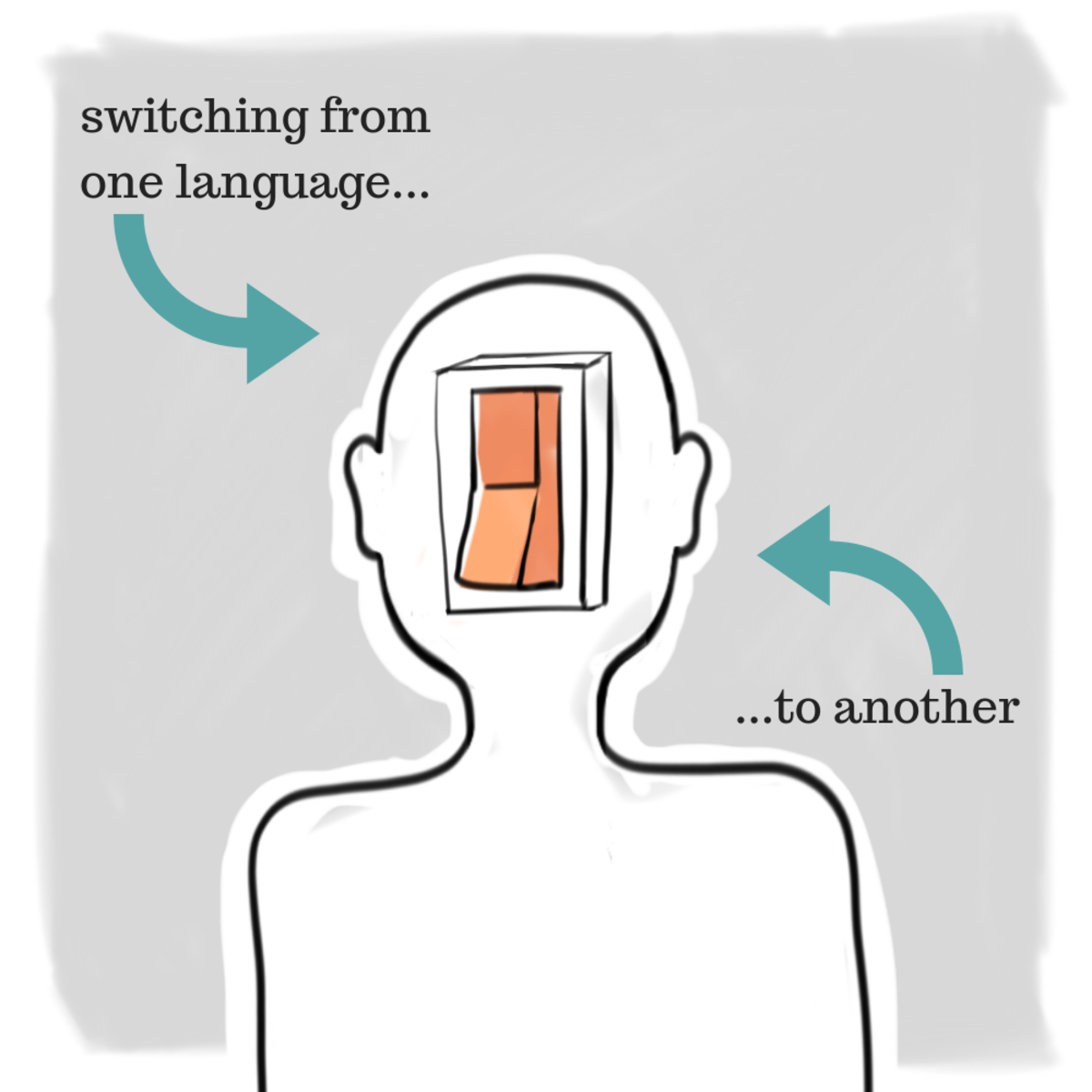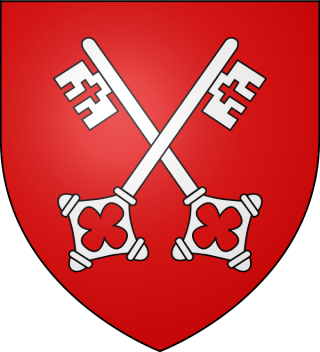Multi-lingual Learners
A multi-lingual learner is a child who is exposed to a language other than English in their home. This includes a child living with parents whose native language is not English.
 All multi-lingual learners are encouraged to learn to read and write in their non-English language as this improves their literacy and language skills in the long term. Parents are sometimes concerned that a child may speak predominantly in one language with some words in another language. Although this may sound like the child is confused between the two languages, this is not shown to be detrimental of their learning. This is called code-switching and is shown to help stimulate the brain and encode information more easily, thus making it more easily accessible when children seek to recall it.
All multi-lingual learners are encouraged to learn to read and write in their non-English language as this improves their literacy and language skills in the long term. Parents are sometimes concerned that a child may speak predominantly in one language with some words in another language. Although this may sound like the child is confused between the two languages, this is not shown to be detrimental of their learning. This is called code-switching and is shown to help stimulate the brain and encode information more easily, thus making it more easily accessible when children seek to recall it.
During the school day, where appropriate, we will encourage children who speak a non-English native language, to speak to other children who use the same language. They will be encouraged to use this to discuss their learning and develop a stronger understanding and grasp of the subject content (e.g. in maths, history, lessons etc).
If you are concerned about your multi-lingual child's access to the curriculum, please contact their class teacher via admin@stpeter.sch.je.
Multi-lingual learners are supported in class where necessary. The school has multilingual resources and books for children to read in common non-English native languages.
For some younger children, small group language support is provided by the Multilingual Learner Advisory Team who visit the school.
